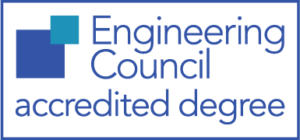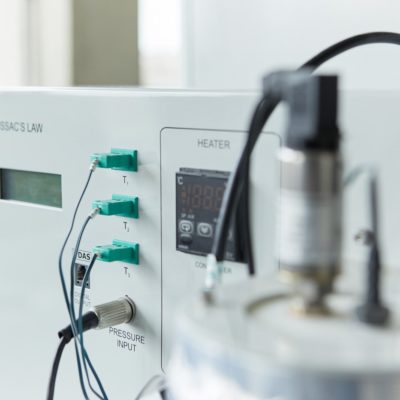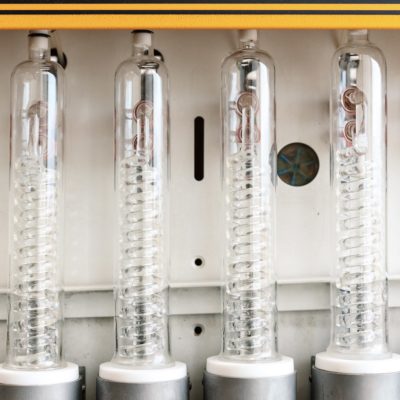Lift Engineering MSc
Key Facts
-
Level
Master'sPG
MSc -
Duration
Distance Learning: 1 – 5 years
-
Starting
September, February
-
Fees UK 24/25
Part Time Distance Learning: £1,080 per 20 credit module
-
Fees International 23/24
Part Time Distance Learning: £2,020 per 20 credit module
-
Location
Get in touch
For questions regarding study and admissions please contact us:
Overview
The University of Northampton’s Lift Engineering MSc course will benefit lift engineers and consultants as well as members of senior management in the lift industry. You will gain an in-depth understanding of advanced technical issues arising in lift design, maintenance and contract management. The programme teaches the skills required in electrical and mechanical science, together with mathematics and other engineering areas associated with the lift industry.
This lift engineering master’s degree has been accredited by IMechE under licence from the UK regulator, the Engineering Council. Accreditation is a mark of assurance that the degree meets the standards set by the Engineering Council in the UK Standard for Professional Engineering Competence (UK-SPEC). An accredited degree will provide you with some or all of the underpinning knowledge, understanding and skills for eventual registration as an Incorporated (IEng) or Chartered Engineer (CEng). Some employers recruit preferentially from accredited degrees, and an accredited degree is likely to be recognised by other countries that are signatories to international accords.
Updated 30/05/2024
Highlights
- The Lift Engineering MSc is accredited by the Institution of Mechanical Engineers (IMechE)
- 100% online delivery and tutorial support
- In-depth understanding of advanced technical issues in lift design, safety, and contract management
- Modular structure with flexible study pathway tailored to satisfy individual student circumstances
- Students eligible for reduced registration fees to attend the Lift and Escalator Symposium
Course Content
Careers and Employability
We regularly review our lift engineering course with industry experts, including visiting professors, to make sure that we are giving you all the experiences and expertise you need to progress in your professional engineering career.
The University of Northampton also has an active research programme in the field of lift engineering if you want to continue along the academic route to a PhD or MPhil.


